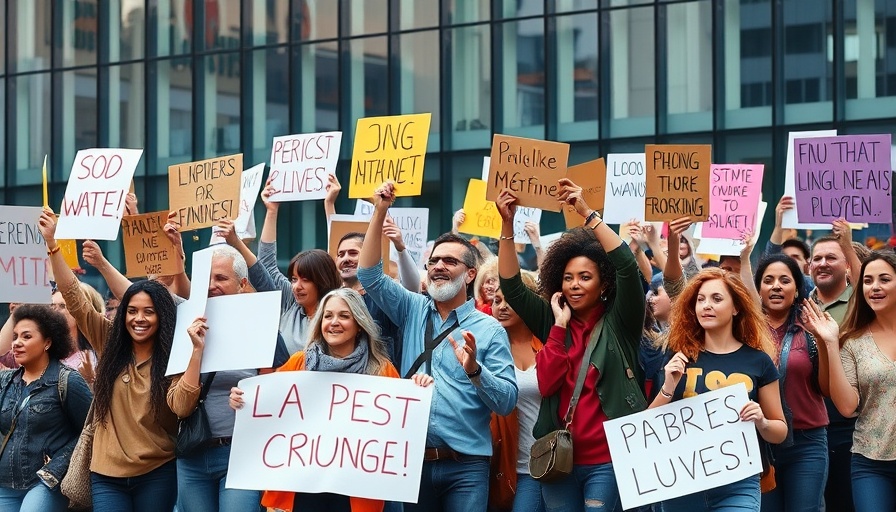
End of an Era: 80,000 Immigrants Facing Deportation
In a significant move, the current administration is set to terminate the Temporary Protected Status (TPS) for nearly 80,000 Hondurans and Nicaraguans who have resided in the United States for over 25 years. This decision, which stems from a broader strategy to enforce stricter immigration policies, particularly affects individuals who sought refuge following the devastation of Hurricane Mitch in 1998. This announcement has sparked reactions from advocates and impacted communities alike as they prepare for the potential consequences of this change.
Understanding Temporary Protected Status
Temporary Protected Status is a form of humanitarian relief that allows individuals from designated countries facing dangerous conditions—such as armed conflict or natural disasters—to live and work lawfully in the U.S. While TPS provides crucial protection from deportation, it does not provide a pathway to citizenship. Critics argue that successive administrations have exploited the program, with many beneficiaries now considering their status effectively permanent rather than temporary due to the repeated renewals.
Political Context: Change in Immigration Policy
The Department of Homeland Security’s decision is framed as a response to improving conditions in Honduras and Nicaragua, determined by an assessment from Secretary Kristi Noem. Economic and security improvements, the administration claims, now permit displaced individuals to return to their home countries. However, many advocates argue that this perspective overlooks ongoing challenges in these nations that still make repatriation unsafe and untenable for many.
The Impact on Lives: Personal Stories
For those affected, the implications are profound. Many individuals have established lives, families, and careers in the U.S. since their arrival—the abrupt loss of TPS could mean deportation and tearing apart families who have built their futures in America. Immigrant advocacy groups stress that returning to unstable and unsafe conditions in their home countries is not a viable option, emphasizing the need for a nuanced understanding of each individual’s situation.
Future Predictions: What Lies Ahead?
This change raises questions about the future of TPS and its beneficiaries. Advocates are preparing for legal challenges that could arise from this decision, mirroring past struggles against the cancellation of TPS for other nationalities. It remains to be seen how this decision will unfold and whether it will lead to broader discussions on immigration reform within Congress, where many believe a more humane approach is necessary.
Counterarguments: A Divided Perspective
Critics argue this action aligns with a growing trend towards stricter immigration enforcement, positioning human rights against political agendas. Supporters of the decision cite the need to uphold laws that prevent undocumented immigrants from remaining in the U.S. However, understanding the human element in these policies is necessary to foster comprehensive immigration for future generations.
A Call for Advocacy and Support
As the administration's policy unfolds, community response and solidarity become pivotal. Local advocacy groups are mobilizing to offer resources, legal assistance, and support for those affected. Advocacy can take many forms—from outreach efforts to legislative pressure on representatives. Residents in Marin County and beyond are encouraged to stay informed and engaged during this critical time for immigrant rights.
Taking Action: Engaging with Local Initiatives
The future for Hondurans and Nicaraguans facing TPS termination remains uncertain. More than ever, engagement and advocacy from the community are crucial. Residents are encouraged to participate in local events, support immigrant rights organizations, and become educated advocates for a more inclusive immigration policy.
 Add Row
Add Row  Add
Add 




 Add Row
Add Row  Add
Add 

Write A Comment